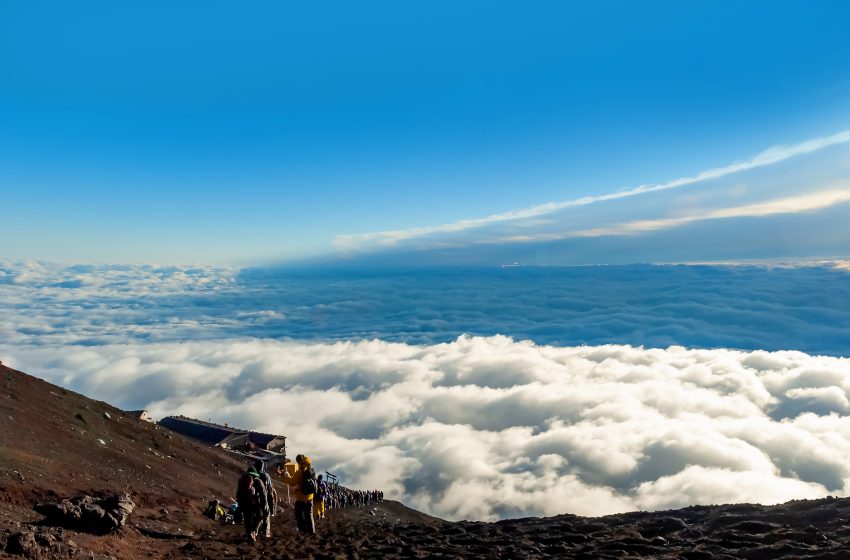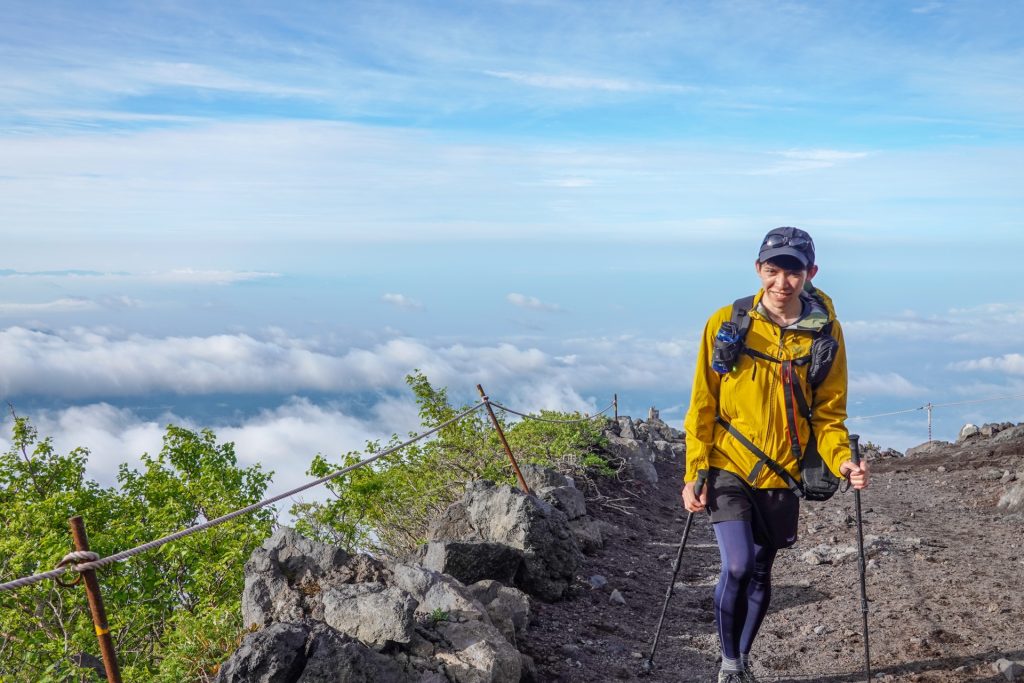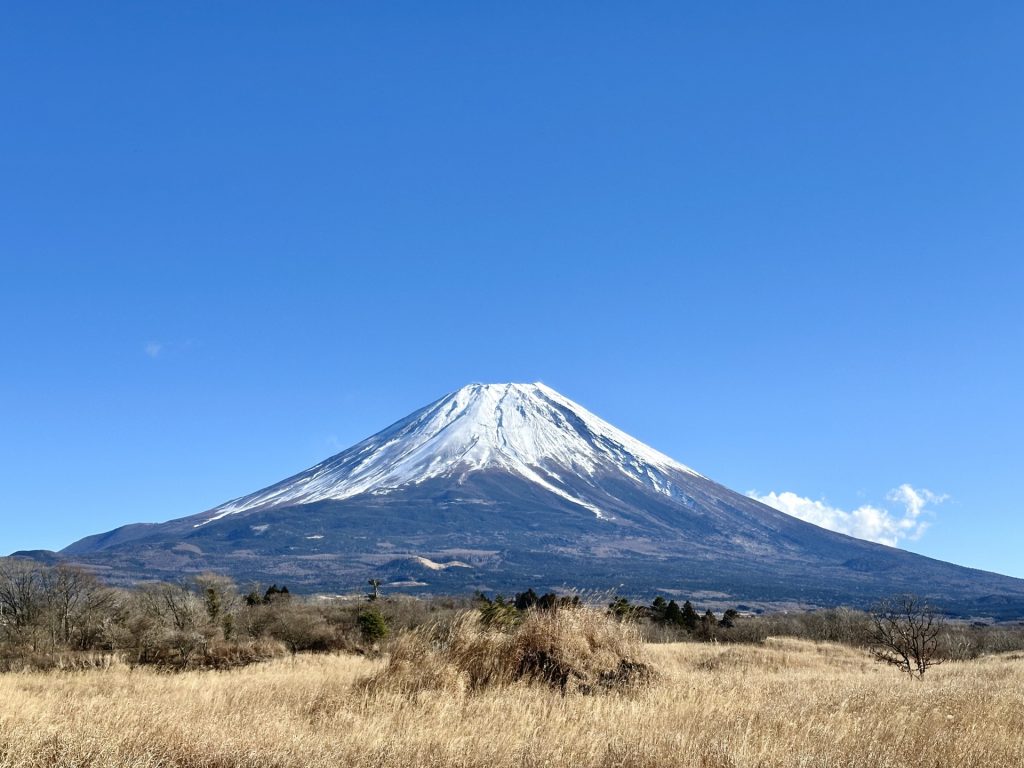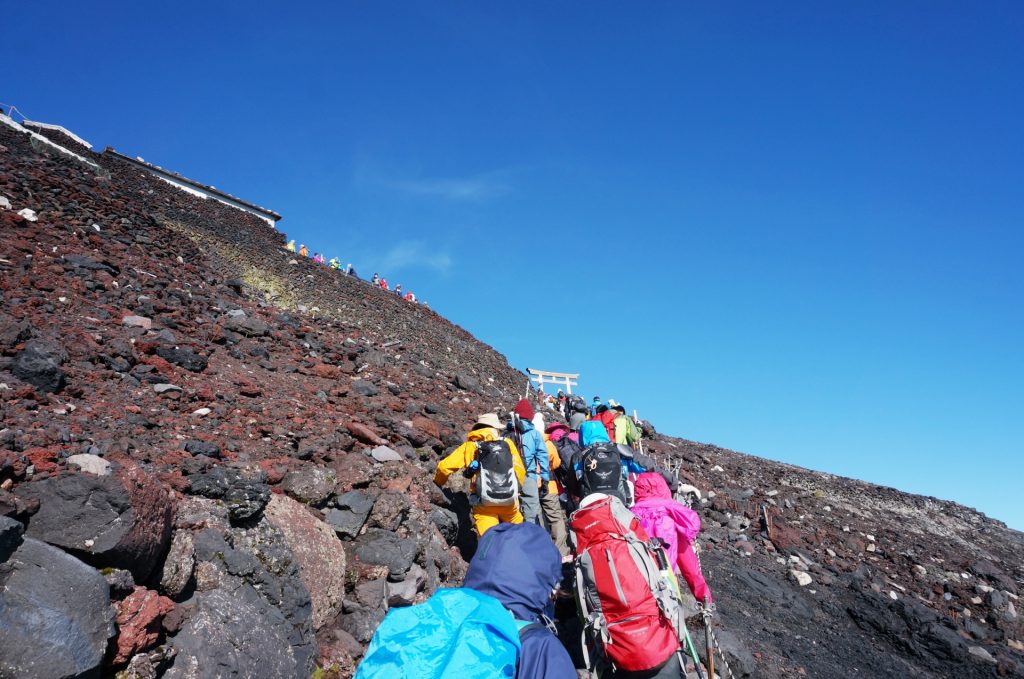
Mount Fuji: Inbound Tourism and the Challenge of Overtourism
Mount Fuji, Japan’s most iconic peak, has long been a symbol of beauty and spiritual significance. However, as Japan’s tourism industry has grown, so too has the influx of foreign visitors eager to conquer this majestic mountain. While the enthusiasm is appreciated, the rapid increase in tourism has led to several pressing issues, particularly concerning overtourism and the behavior of some visitors. This article explores the challenges of inbound tourism at Mount Fuji, the growing concerns of overtourism, and how visitors can better respect this sacred site.
The Rise of Inbound Tourism at Mount Fuji
In recent years, Japan has experienced a surge in inbound tourism, with Mount Fuji being one of the most popular destinations. Foreign tourists are drawn to its beauty, the challenge of the climb, and the cultural significance attached to reaching the summit. The Japan National Tourism Organization (JNTO) has promoted this, leading to a significant increase in the number of international visitors. However, this surge has not been without its problems.
Overtourism and Its Consequences
Overtourism at Mount Fuji has become a critical issue, particularly during the peak climbing season in July and August. The sheer number of climbers has led to overcrowding on the trails, which not only diminishes the experience for all but also puts immense pressure on the mountain’s fragile ecosystem.
One of the most troubling consequences of this influx is the environmental impact. Littering has become a pervasive problem, with discarded plastic bottles, food wrappers, and other waste littering the trails. Despite efforts by local authorities to maintain the cleanliness of the mountain, the volume of trash continues to rise, threatening the natural beauty of Mount Fuji and its surrounding areas.
Another issue is the strain on emergency services. There have been numerous incidents where foreign climbers, often unprepared for the harsh conditions, require rescue. Many underestimate the climb, attempting it in light clothing or without sufficient supplies, leading to dangerous situations. This not only endangers the climbers but also stretches the resources of local rescue teams.
Etiquette Violations: A Growing Concern
In addition to environmental and safety concerns, there has been a rise in reports of etiquette violations by some foreign climbers. These include using fire on the trails, camping in unauthorized areas, and, most disturbingly, sleeping on the paths, which obstructs others and disrespects the cultural significance of the site.
Mount Fuji is not just a tourist attraction; it is a sacred mountain in Japanese culture, and many local climbers view the climb as a spiritual pilgrimage. The disregard for local customs and rules has led to growing resentment among Japanese climbers and residents, with many expressing frustration in the media and on social platforms. This sentiment is further amplified by news reports highlighting these negative behaviors, leading to a more critical view of foreign visitors.
How to Climb Mount Fuji Respectfully
For those planning to climb Mount Fuji, understanding and respecting the local customs and environment is crucial. Here are some tips to ensure a safe and respectful climb:
- Prepare Adequately: Ensure you have the proper gear and supplies. The climb is strenuous, and the weather can be unpredictable. Proper clothing, sufficient food and water, and a first aid kit are essential.
- Follow the Rules: Stick to the designated trails, avoid using fire, and do not camp in unauthorized areas. These rules are in place to protect both climbers and the environment.
- Respect the Mountain: Treat Mount Fuji with the reverence it deserves. This includes not littering, staying on the paths, and understanding the cultural significance of the mountain to the Japanese people.
- Be Mindful of Others: The mountain can be crowded, especially during peak season. Be considerate of fellow climbers, whether they are locals or other tourists. Avoid blocking the paths and keep noise levels down.
- Educate Yourself: Before the climb, take some time to learn about Mount Fuji’s cultural and spiritual importance. This will not only enhance your experience but also help you appreciate why certain rules and customs are in place.
Conclusion: Balancing Tourism and Respect
Mount Fuji is a treasure that must be preserved for future generations. As inbound tourism continues to rise, it is vital that all visitors, particularly foreign climbers, approach the mountain with respect and awareness. By following the guidelines and understanding the cultural context, tourists can enjoy the climb while ensuring that Mount Fuji remains a pristine and revered site for years to come.




